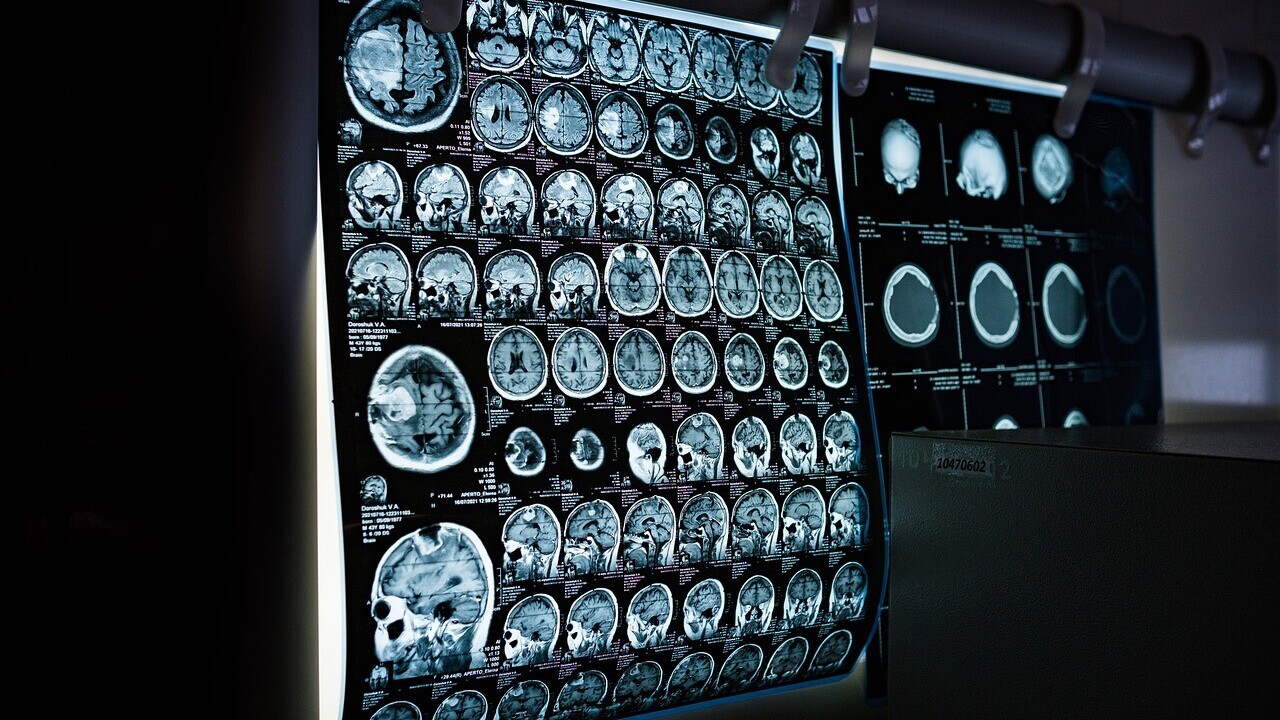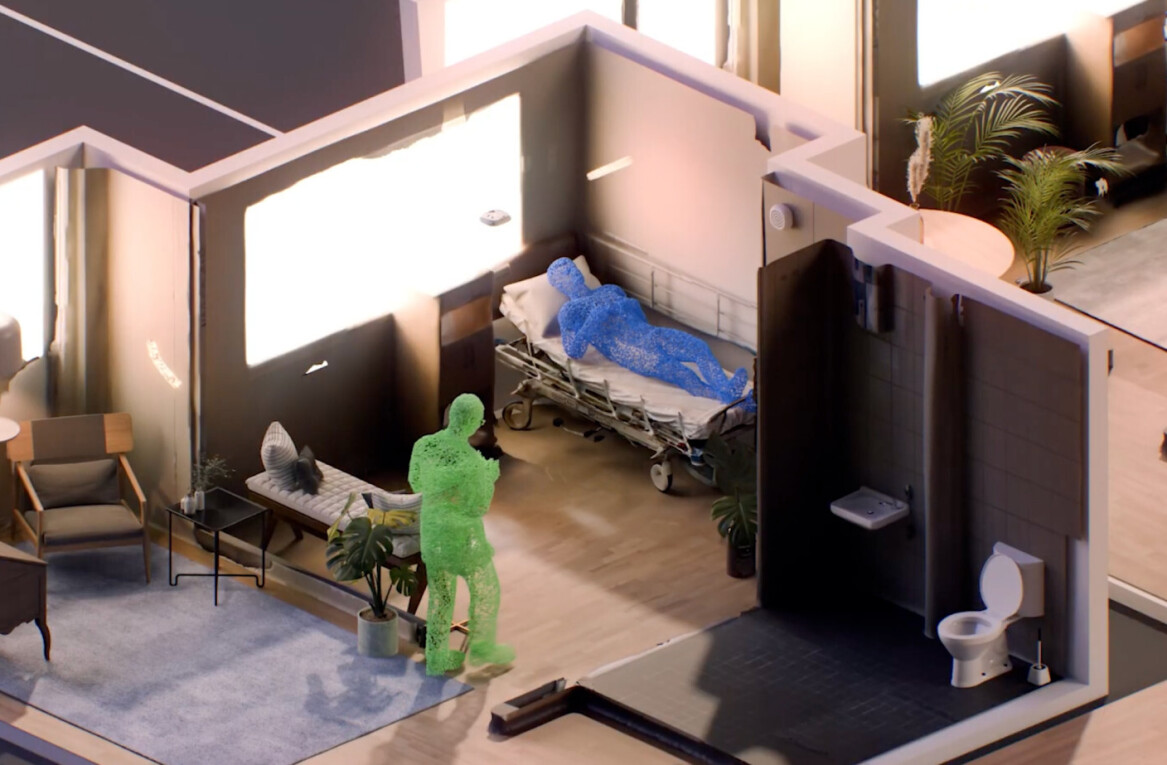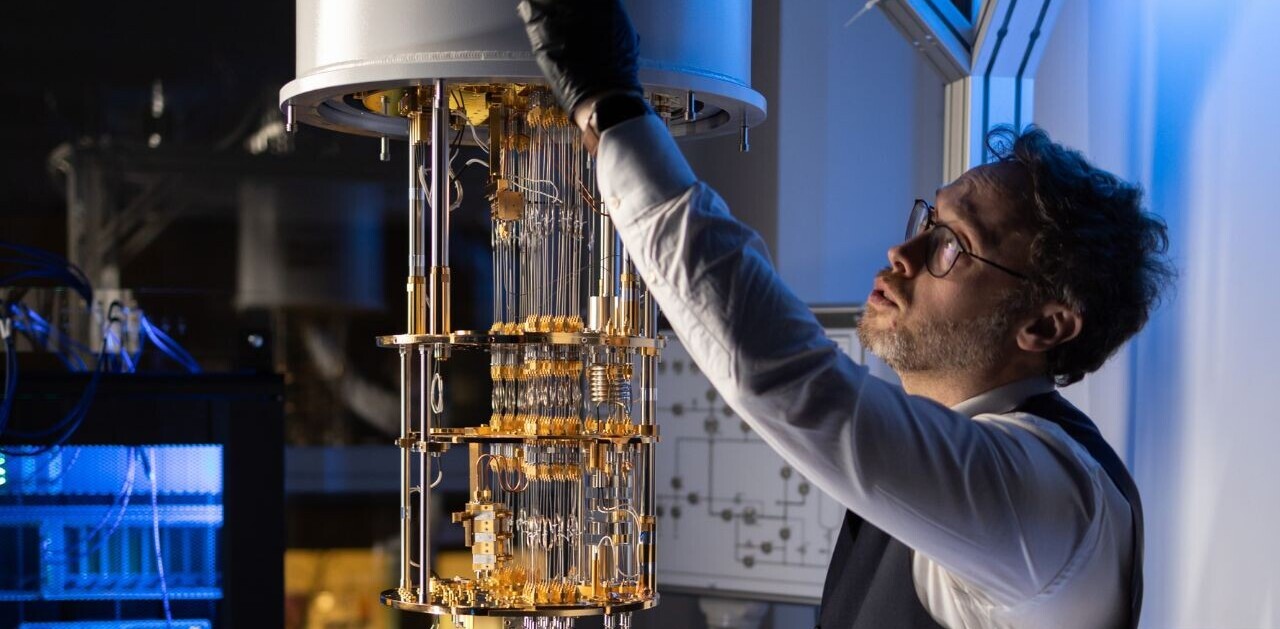
AI could be nearly twice as accurate as biopsies at assessing the aggressiveness of some rare types of cancer, a new study suggests. According to researchers this could save the lives of thousands of patients.
A research team from the Royal Marsden NHS Foundation Trust and the Institute for Cancer Research (ICR) focused on retroperitoneal sarcoma — a form of soft tissue sarcoma that develops in the back of the abdomen.
“There is an urgent need to improve the diagnosis and treatment of patients with retroperitoneal sarcoma, who currently have poor outcomes,” said Dr Amani Arthur, first author of the study.
“The disease is very rare — clinicians may only see one or two cases in their career — which means diagnosis can be slow. This type of sarcoma is also difficult to treat as it can grow to large sizes and, due to the tumour’s location in the abdomen, involve complex surgery.”
To develop and train an AI algorithm, the researchers used CT scans of 170 patients suffering from the two most common types of retroperitoneal sarcoma: leiomyosarcoma and liposarcoma. Then, they tested the algorithm on a set of 89 patients across Europe and the US.
The technology accurately assessed the aggressiveness of the tumours 82% of the time, while biopsies were correct in only 44% of the cases. The AI model was also able to predict the type of 84% of the sarcomas tested, compared to radiologists who could diagnose 65% of the cases.

The researchers believe that their method could not only improve and speed up diagnosis, but also help clinicians manage the disease and its outcomes. For example, the algorithm could identify high-risks patients, who need amplified treatment, and low-risk patients, who can reduce treatment, follow-up scans, and hospital visits.
Notably, the team suggests that the AI model could prove to be useful for other cancer types as well.
“In the future, this approach may help characterise other types of cancer, not just retroperitoneal sarcoma,” said study lead Professor Christina Messiou. “Our novel approach used features specific to this disease, but by refining the algorithm, this technology could one day improve the outcomes of thousands of patients each year.”
The study offers another promising example of AI’s potential to help solve some of the biggest challenges in healthcare — from preventing genetic diseases to curing incurable illnesses. The research paper is published in the journal The Lancet Oncology.
Get the TNW newsletter
Get the most important tech news in your inbox each week.




